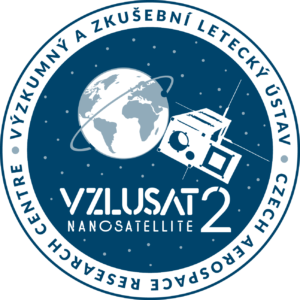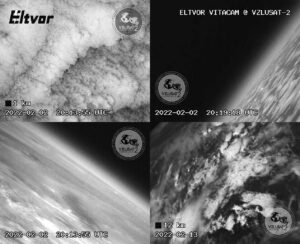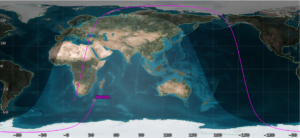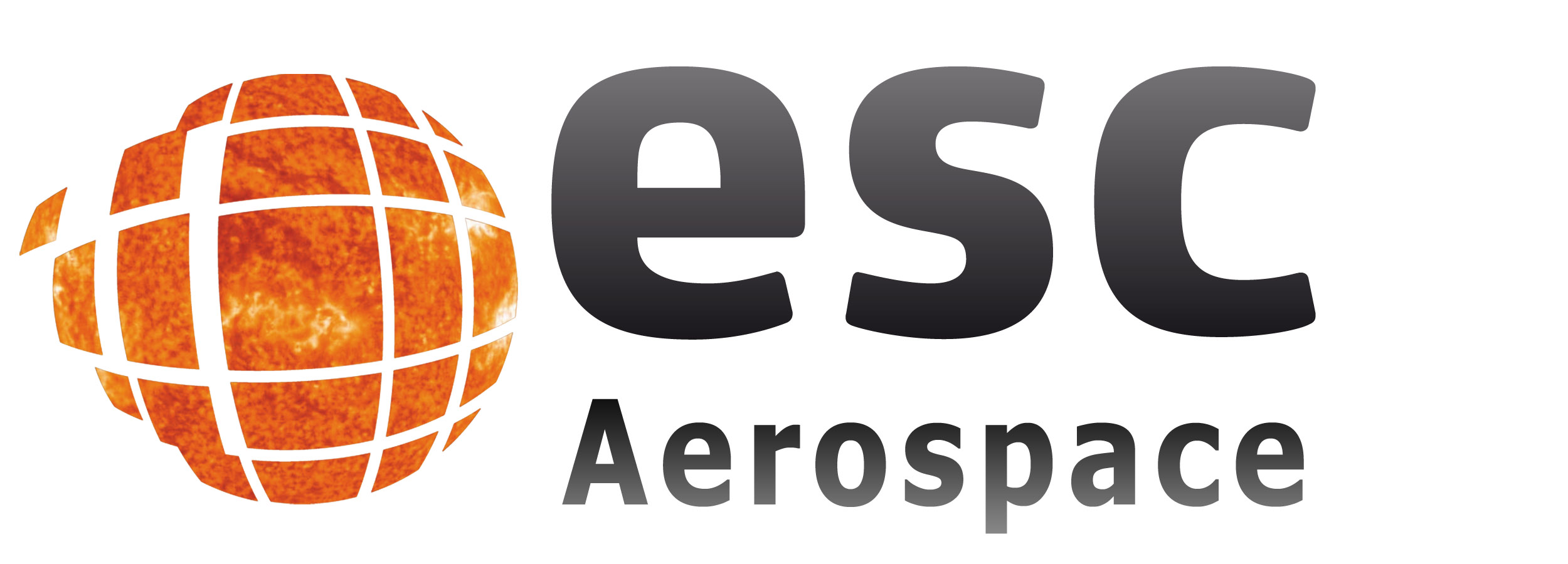These days, the VZLUSAT-2 satellite is celebrating a year in orbit, where it was launched by Elon Musk’s Space X
Experts from the Czech Aerospace Research Centre (VZLU) put into operation the first group of systems on board the VZLUSAT-2.
Yesterday afternoon, VZLUSAT-2 was deployed from D-Orbit’s orbital transfer vehicle and sent the first signals to ground control The satellite
Devices onboard the VZLUSAT-2
2 cameras for Earth observation
- Resolution 30 m and 500 m GSD
- Focal length 70 mm and 6 mm
- FOV 5.0 ° and FOV 45.2 °
- Detector resolution 1.3 MP 1280 × 1024 pixels
X-ray optical payload
- X-ray sun sensor
- Rigaku wide-angle X-ray optics
- miniaturized TimePix detector with CdTe sensor (5-500keV)
Gamma Flash Detector (GRB Detector)
- 2 detectors with a large photon capture area in the energy range of 50-300 keV
- Digital board for processing and data storage
Space X-ray Detector (SXD)
- Weight 18 g
- Dimensions 35 x 25 x 12 mm
- Sensitivity (photons) 30% @ 20keV, 3% @ 60keV
- Sampling frequency 20 Hz
- Energy spectrum 5–2000 keV
Space Dosimetry System Demonstrator (2SD)
- Pětivrstvý pixelový detektor na bázi SpacePix2
- Pixelový rentgenový detektor
- Max. tok 106 resp. 105 částic cm-2s-1
- Fotony 3–20 keV
- Elektrony 0.1–8 MeV
- Protony 1–400 MeV
Water vapor outgassing (DPTWI) sensor
- Hal sensory element
- Weight 5.5 g
- Dimensions 27.4 x 21.2 x 9.4 mm
MISSION
The main task of the VZLUSAT-2 mission is to verify technologies for future missions of the Czech satellite constellation - the nanosatellite will be equipped with an experimental camera and a unit for precise attitude control. In addition, on board there is also second generation of devices which have already proven their qualities on the previous VZLUSAT-1 satellite.
Nanosatellite is based on the well-proven Cubesat concept, which allows to “compile cubes” of 10 x 10 x 10 cm according to the type of mission. In case of VZLUSAT-2, concept of 3U design with three “cubes” has been selected, allowing the installation of experimental cameras and other experiments.
The flight window for the Falcon 9 launcher is opened from the first December and ends at the end of March next year.Target orbit of the satellite is at altitudes between 500-600 km above the Earth. Communication with the satellite will be performed through the ground station of the Faculty of Electrical Engineering, University of West Bohemia.
500-600 km
planned orbital altitude
Cape Canaveral, Florida, USA
launcher site
up to 30 m GSD
resolution of the primary camera for Earth observation
95 min
planned length of the orbital period
Falcon 9 SpaceX
rocket launcher
UWB Pilsen
Satellite´s ground station








Mission partners
The project was made possible with the support of the Ministry of Industry and Trade, focused on the long-term conceptual development of a research organization. The project was implemented with financial support from the state through the Technology Agency of the Czech Republic by the EPSILON program. Specifically, the project TH04010294 named Technological Demonstrator - Radial Orbital Monitor with Spacepix Sensor.
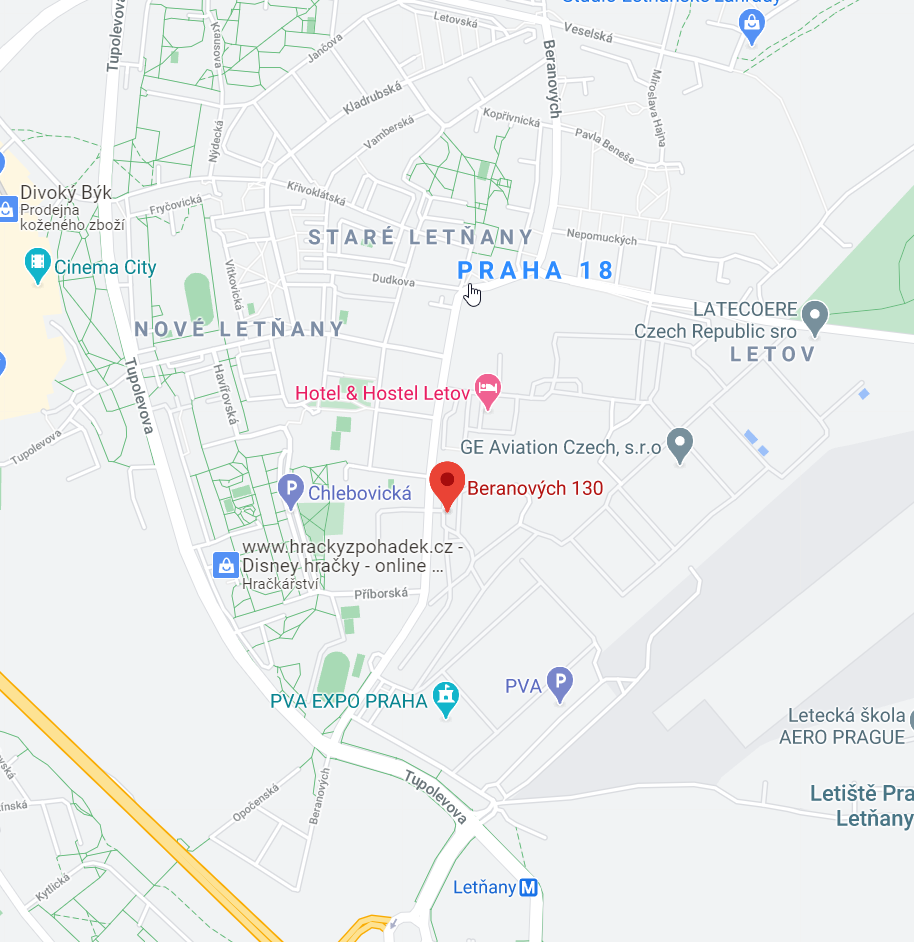
Contact:
VZLU AEROSPACE
Beranových 130
199 05 Praha - Letňany
| ID: | 00010669 |
| VAT: | CZ00010669 |
| Phone: | +420 225 115 222 |
| E-mail: | space@nullvzlu.cz |
| Web: | www.vzlu.cz |
